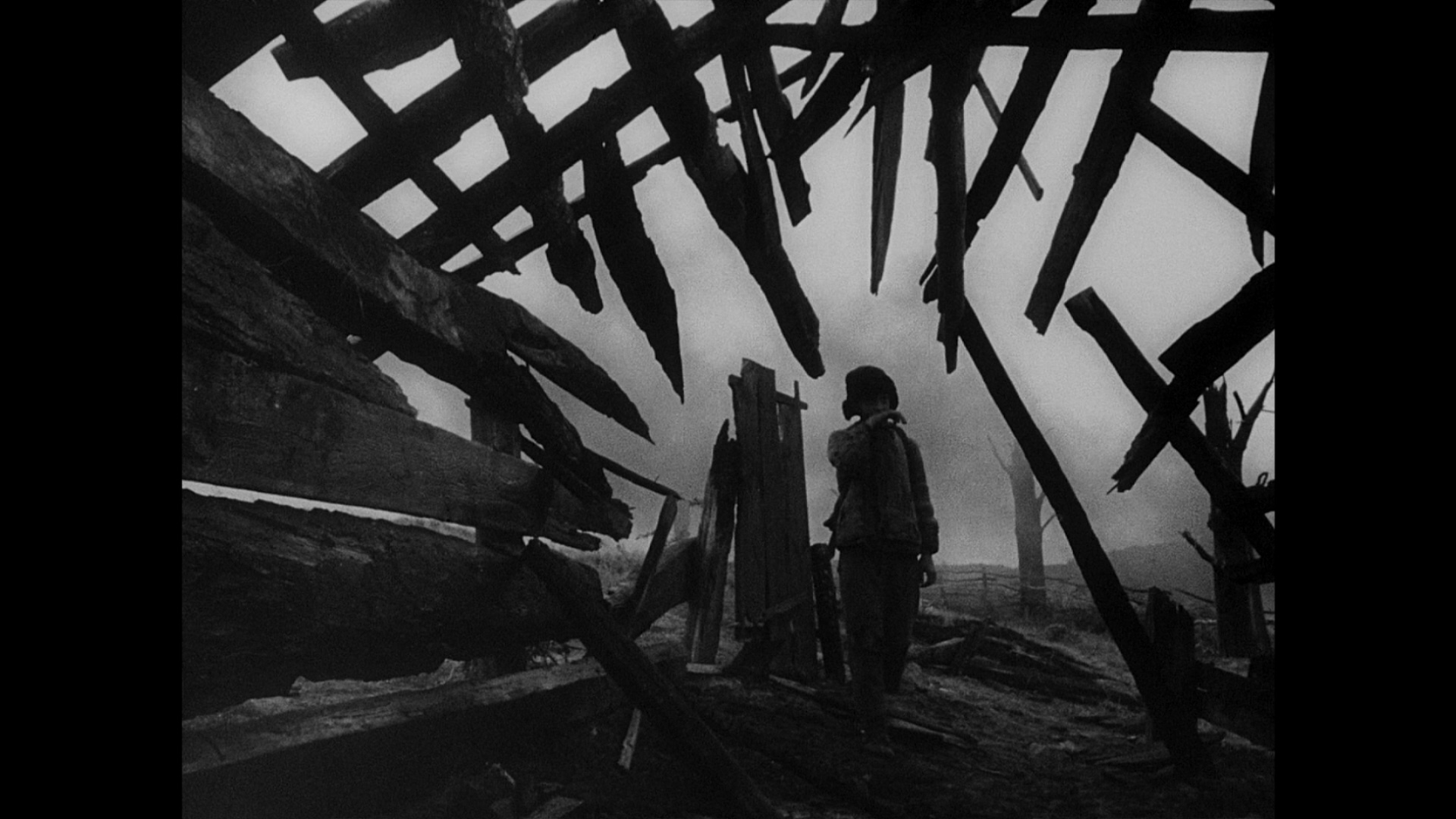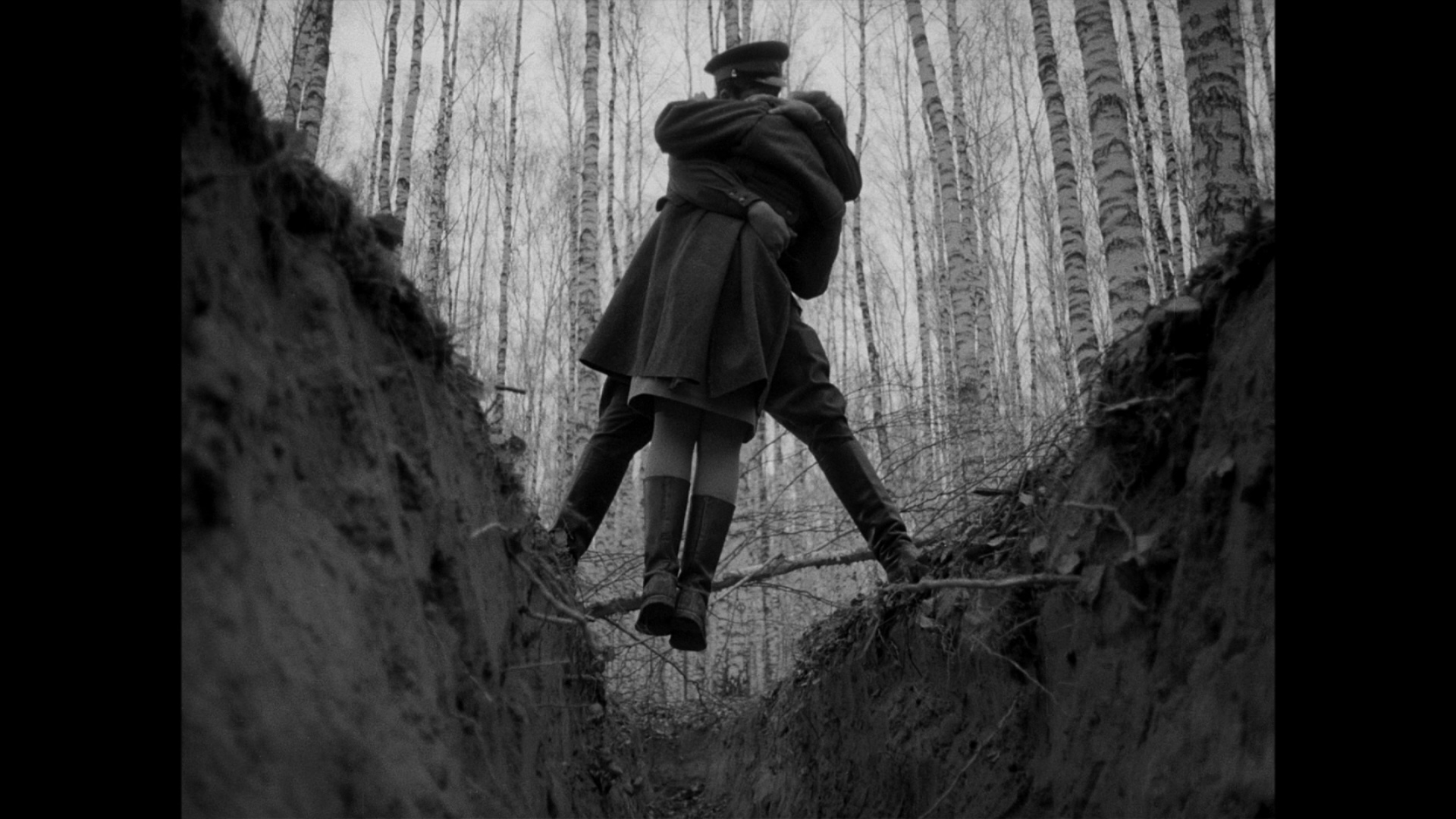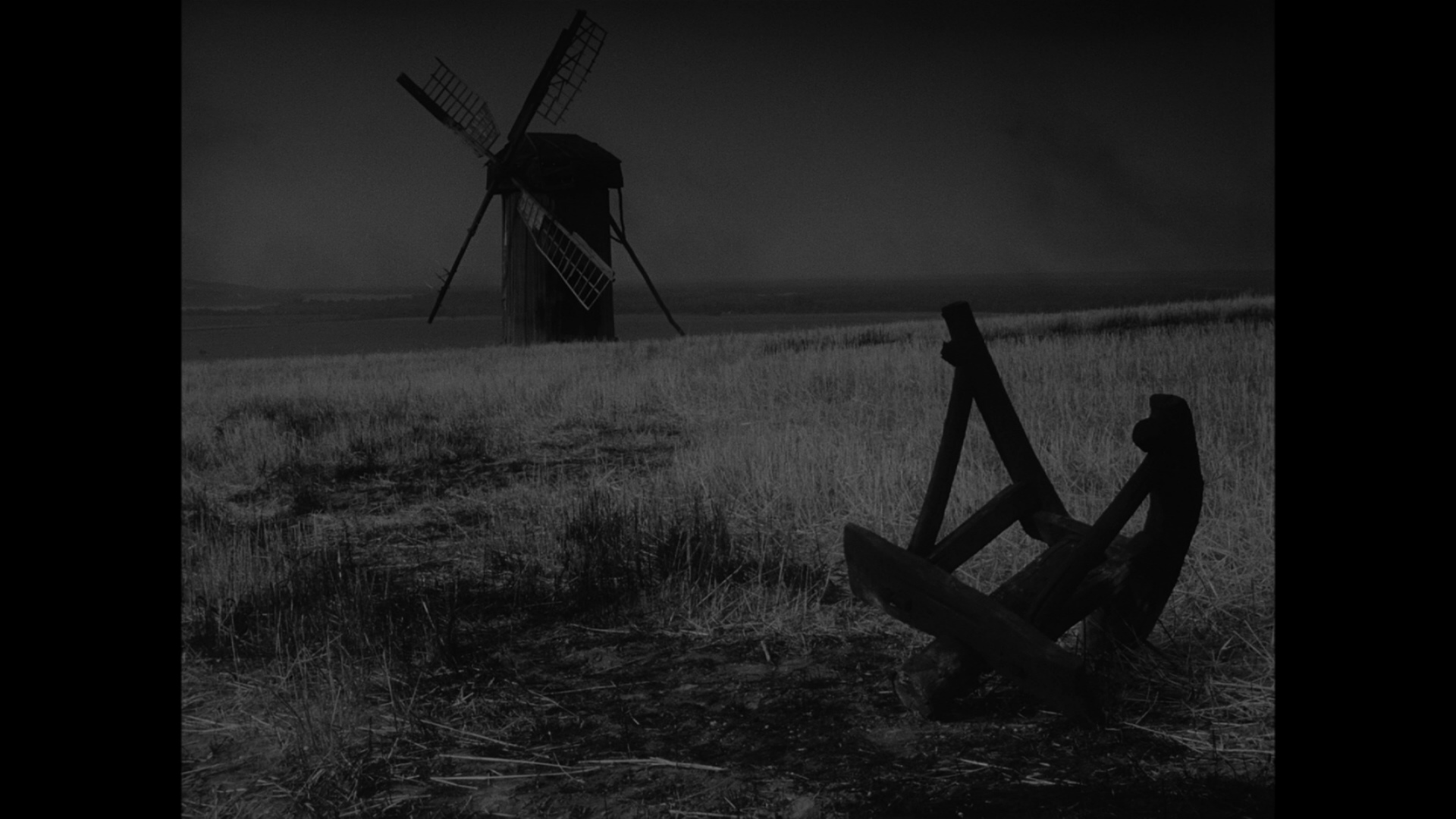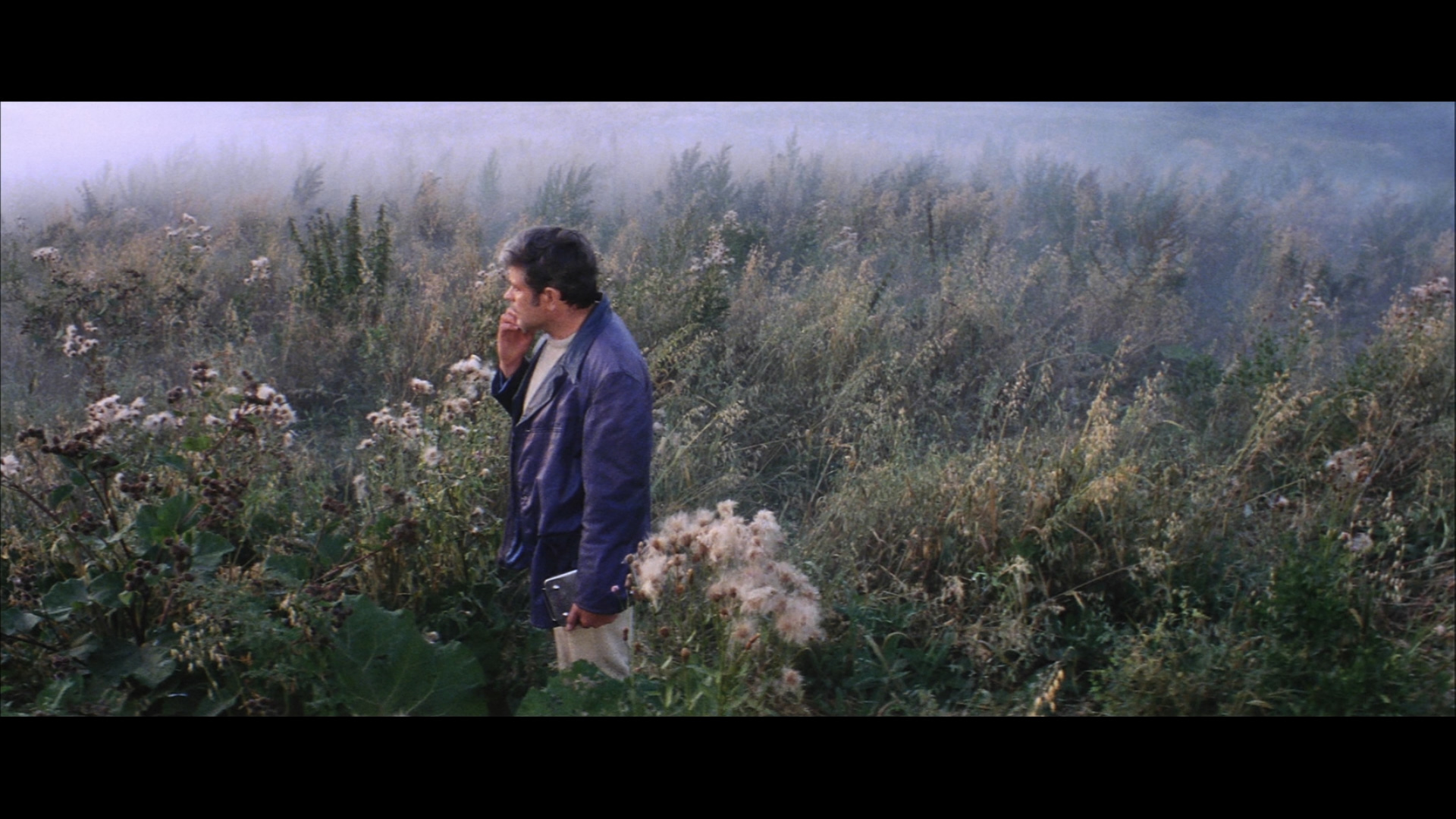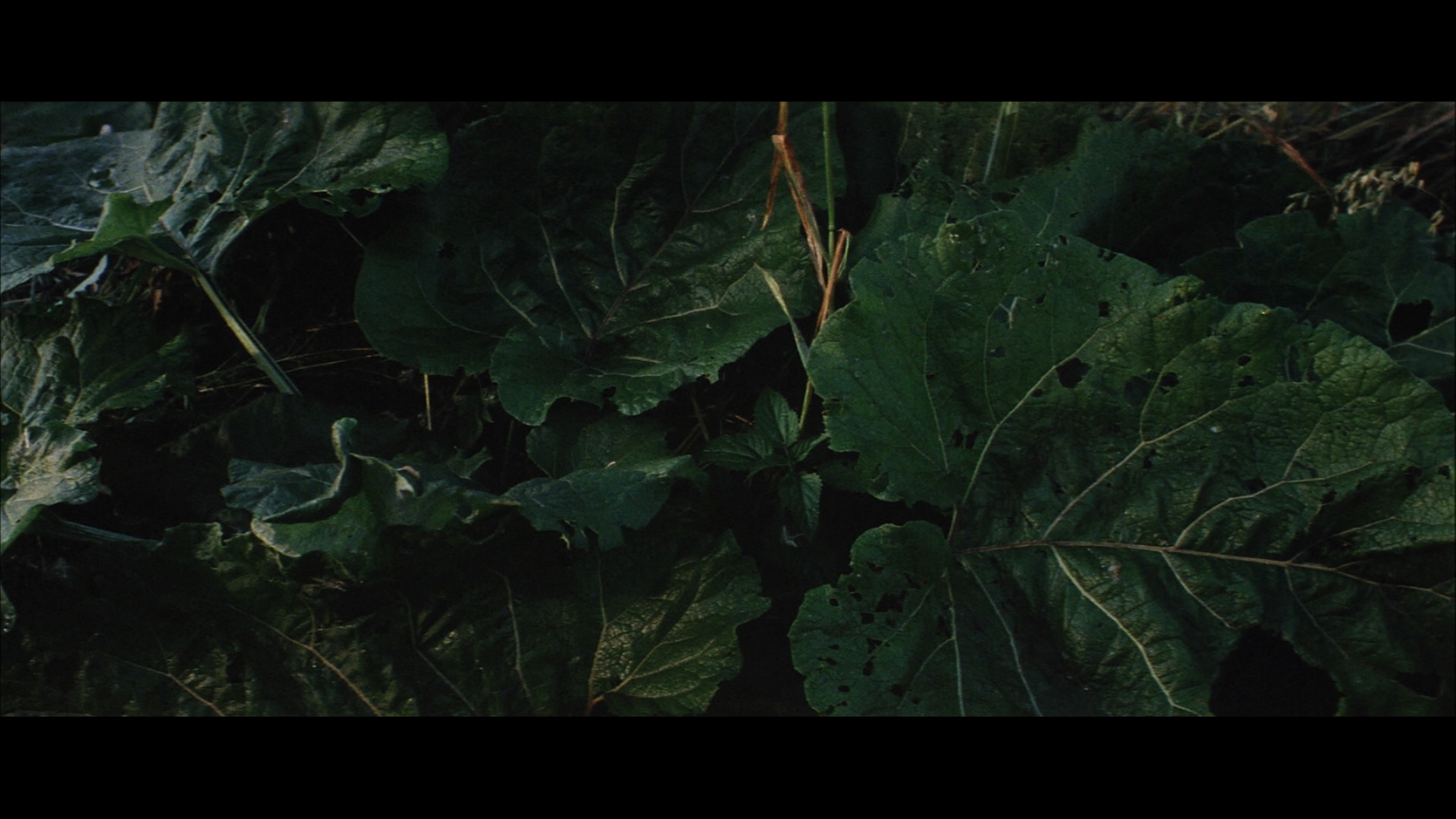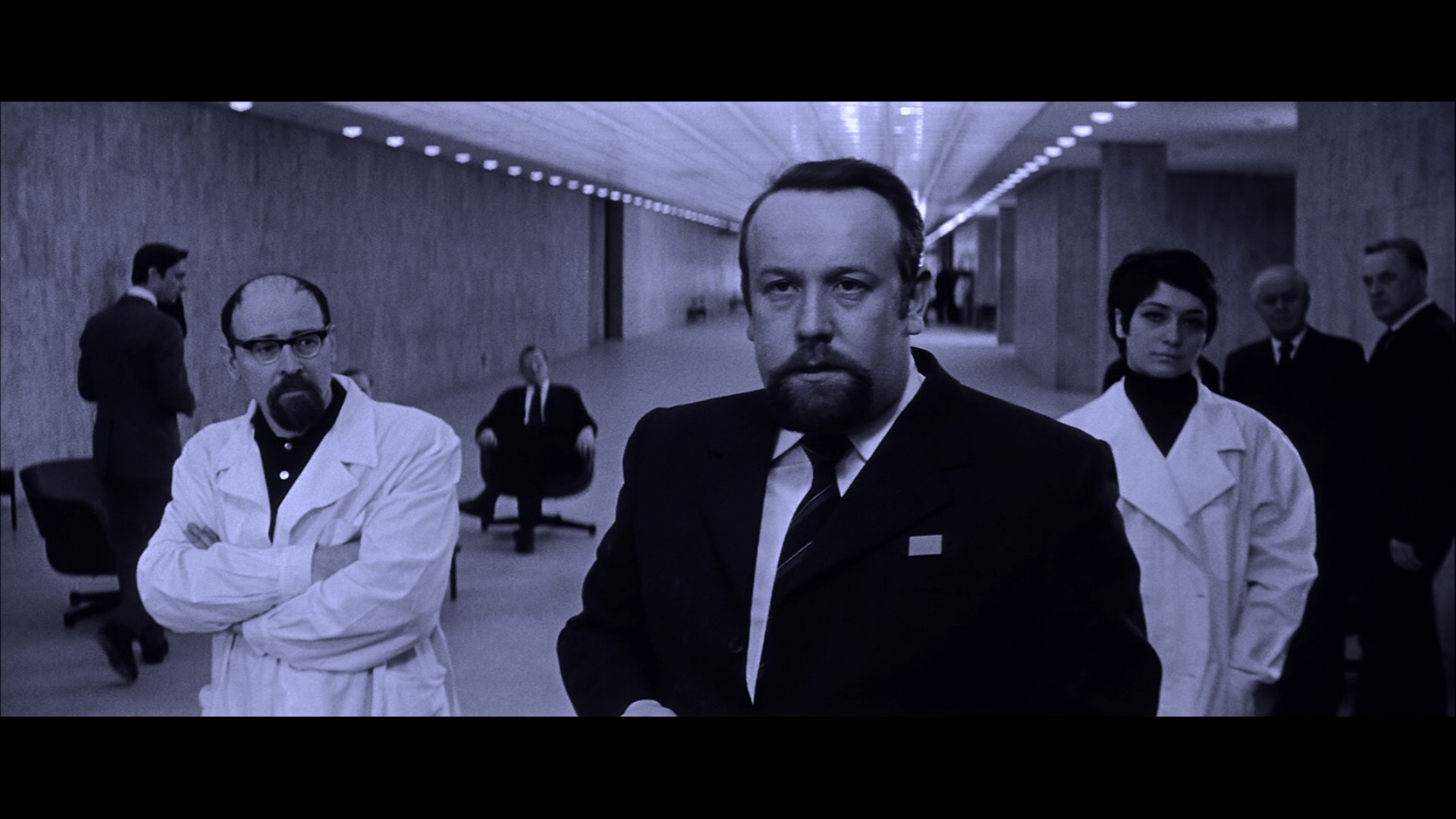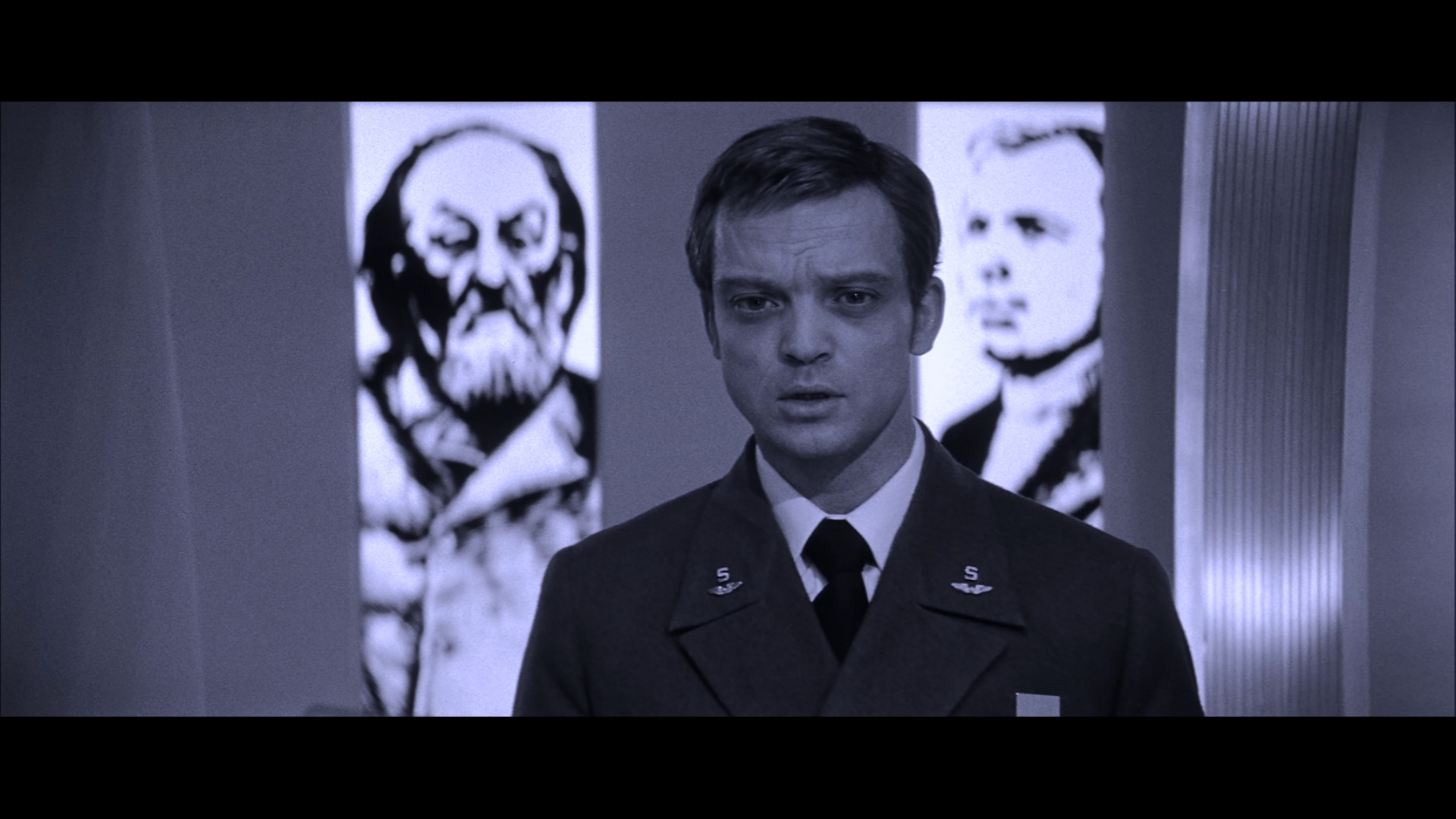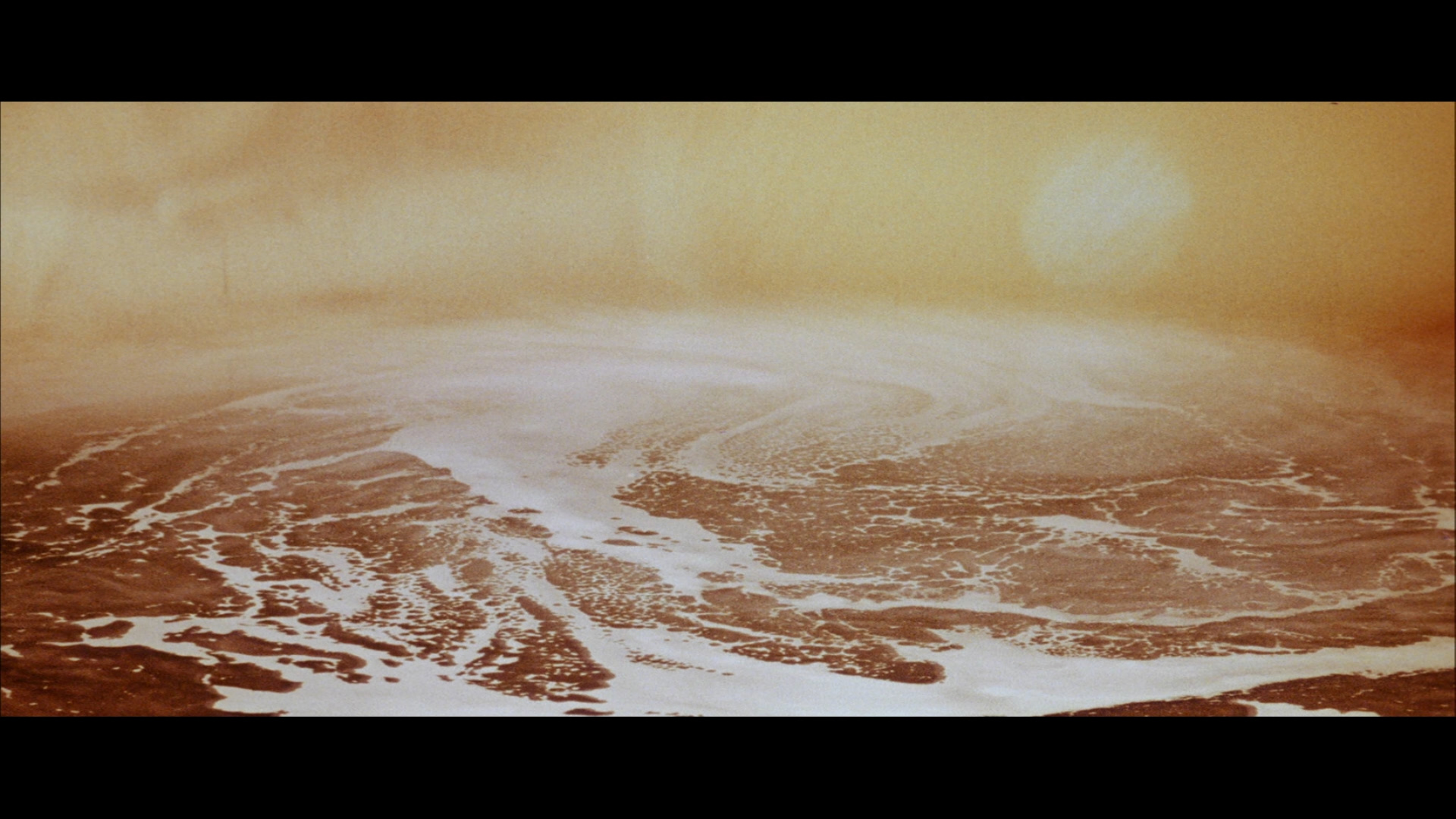Andrei Tarkovsky

Tarkovsky Films:
"Ivan's Childhood"
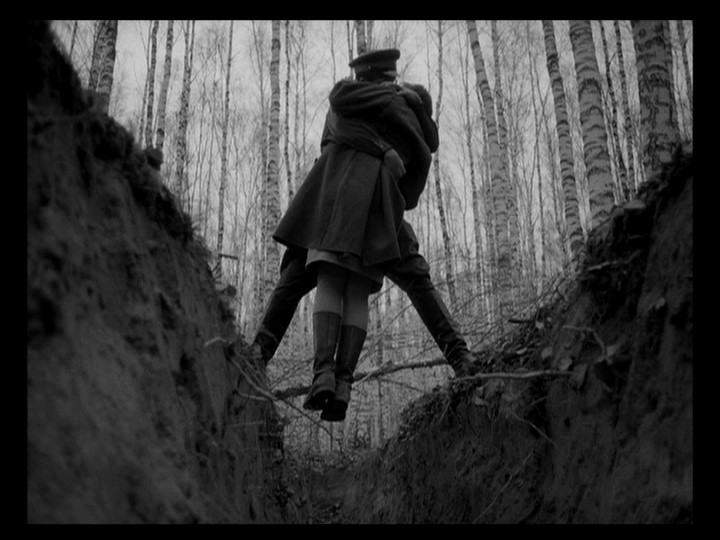
"Andrei Rublev"
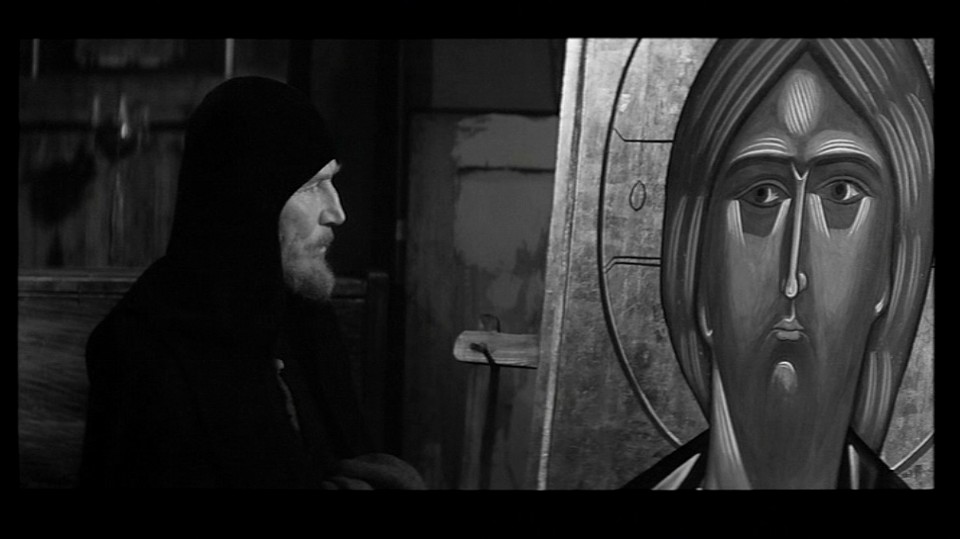
"Solaris"

"The Mirror"
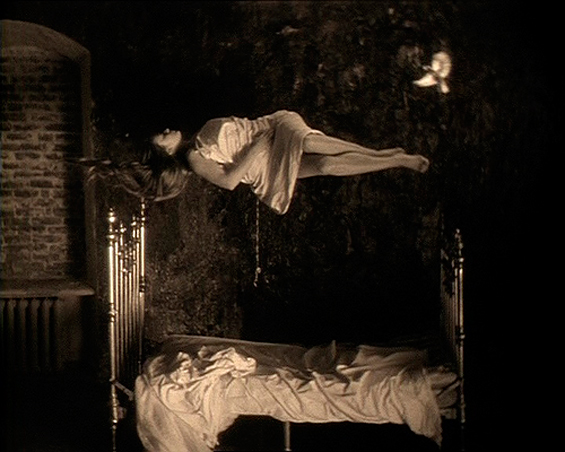
"S.T.A.L.K.E.R"
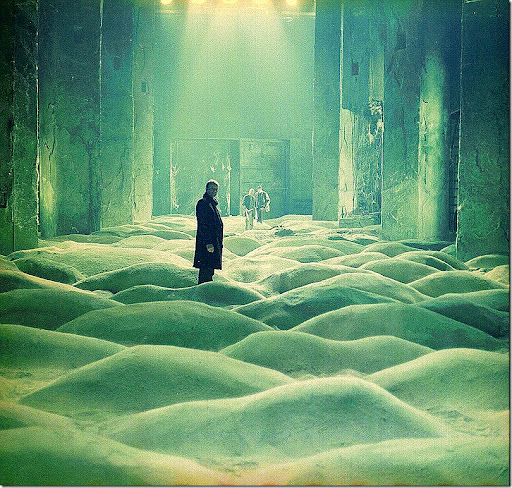
"The Sacrifice"

Awards

Thanks for taking the time to read about my favorite Director of all time. Hopefully some of you have been inspired as much as I have by his timeless classics!
[Credit goes to wikipedia, and google images for much of the info/images]
Andrei Arsenyevich Tarkovsky (Russian: Андре́й Арсе́ньевич Тарко́вский; April 4, 1932 December 29, 1986) was a Soviet and Russian filmmaker, writer, film editor, film theorist, theatre and opera director.
Tarkovsky's films include Andrei Rublev, Solaris, The Mirror, and Stalker. He directed the first five of his seven feature films in the Soviet Union; his last two films were produced in Italy and Sweden, respectively. They are characterized by spirituality and metaphysical themes, long takes, lack of conventional dramatic structure, and distinctively authored use of cinematography.
Film director Ingmar Bergman said of Tarkovsky:
Tarkovsky for me is the greatest [director], the one who invented a new language, true to the nature of film, as it captures life as a reflection, life as a dream.

"The director's task is to recreate life, its movement, its contradictions, its dynamic and conflicts. It is his duty to reveal every iota of the truth he has seen, even if not everyone finds that truth acceptable. Of course an artist can lose his way, but even his mistakes are interesting provided they are sincere. For they represent the reality of his inner life, of the peregrinations and struggle into which the external world has thrown him."-Andrei Tarkovsky
Tarkovsky Films:
"Ivan's Childhood"

The film tells the story of orphan boy Ivan and his experiences during World War II. Ivan's Childhood was one of several Soviet films of its period, such as The Cranes Are Flying and Ballad of a Soldier, that looked at the human cost of war and did not glorify the war experience as did films produced before the Khrushchev Thaw.[2]
Ivan's Childhood was Tarkovsky's first feature film. It won him critical acclaim and made him internationally known. It won the Golden Lion at the Venice Film Festival in 1962 and the Golden Gate Award at the San Francisco International Film Festival in 1962. The film was also selected as the Soviet entry for the Best Foreign Language Film at the 36th Academy Awards, but was not accepted as a nominee.[3] Famous filmmakers such as Ingmar Bergman, Sergei Parajanov and Krzysztof Kieślowski praised the film and cited it as an influence on their work.[4]
"Andrei Rublev"
Andrei Rublev is set against the background of 15th century Russia. Although the film is only loosely based on the life of Andrei Rublev, it seeks to depict a realistic portrait of medieval Russia. Tarkovsky sought to create a film that shows the artist as "a world-historic figure" and "Christianity as an axiom of Russias historical identity"[1] during a turbulent period of Russian history that ultimately resulted in the Tsardom of Russia. The film is about the essence of art and the importance of faith and shows an artist who tries to find the appropriate response to the tragedies of his time. The film is also about artistic freedom and the possibility and necessity of making art for, and in the face of, a repressive authority and its hypocrisy, technology and empiricism, by which knowledge is acquired on one's own without reliance on authority, and the role of the individual, community, and government in the making of both spiritual and epic art.
"Solaris"

Solaris (Russian: «Солярис», tr. Solyaris) is a 1972 science fiction art house film adaptation of the novel Solaris (1961), directed by Andrei Tarkovsky. The film is a meditative psychological drama occurring mostly aboard a space station orbiting the fictional planet Solaris. The scientific mission has stalled, because the scientist crew have fallen into emotional crises. Psychologist Kris Kelvin travels to the Solaris space station to evaluate the situationyet soon encounters the same mysterious phenomenon as the others.
The Polish science fiction novel by Stanisław Lem is about the ultimate inadequacy of communication between human and non-human species. Tarkovsky's adaptation is a drama of grief and partial recovery concentrated upon the thoughts and the consciences of the cosmonaut scientists studying an extra-terrestrial (alien) life. The psychologically complex and slow narrative of Solaris has been contrasted to kinetic Western science fiction films, which typically rely upon fast narrative pace and special effects to communicate character psychology and an imagined future.
"The Mirror"

The Mirror (Russian: Зеркало, Zerkalo; known in the UK as Mirror[2]) is a 1975 Russian art film directed by Andrei Tarkovsky (19321986). It is loosely autobiographical, unconventionally structured, and incorporates poems composed and read by the director's father, Arseny Tarkovsky. The film features Margarita Terekhova, Ignat Daniltsev, Alla Demidova, Anatoli Solonitsyn, Tarkovsky's wife Larisa Tarkovskaya and his mother Maria Vishnyakova, with a soundtrack by Eduard Artemyev.
The Mirror has no apparent plot instead, it rhythmically combines contemporary scenes with childhood memories, dreams, and newsreel footage. The cinematography slips unpredictably from color to black-and-white and back again. The loose flow of visually oneiric images has been compared to stream of consciousness technique in literature. Its complex, layered structure makes The Mirror one of Tarkovsky's most difficult films, as well as his most personal.
The concept of The Mirror dates as far back as 1964. Over the years Tarkovsky wrote several screenplay variants, at times working with Aleksandr Misharin. Their mutually-developed script initially was not approved by the film committee of Goskino, and it was only after several years of waiting that Tarkovsky would be allowed to realize The Mirror. At various times the script was known under different names, most notably Confession and A White, White Day. The completed film was initially rejected by Goskino, and after some delay was given only limited release in the Soviet Union.
The Mirror has grown in reputation over many years and ranked 9th in Sight and Sound's 2012 directors poll of the best films ever made
"S.T.A.L.K.E.R"

The Stalker (Alexander Kaidanovsky) works as a guide who leads people through "the Zone", an area where the normal laws of physics no longer apply to encounter "the Room", said to grant the wishes of anyone who steps inside. In his home with his wife and daughter, the Stalker's wife (Alisa Freindlich) begs him not to go into the Zone but he ignores her pleas.
The Stalker meets "the Writer" (Anatoly Solonitsyn) and "the Professor" (Nikolai Grinko), his next clients for a trip into the Zone. The three of them evade a military blockade that guards the Zone, attracting gunfire from the guards as they go, and then ride into the heart of the Zone on a railway work car.
The Stalker tells his clients they must do exactly as he says to survive the dangers that lie ahead, which are invisible. The Stalker tests for 'traps' by throwing metal nuts tied to strips of cloth ahead of them. The Writer is skeptical that there is any real danger, whilst the Professor generally follows the Stalker's advice.
"The Sacrifice"

The Sacrifice (Swedish: Offret) is a 1986 film. It was the final film by Russian film director Andrei Tarkovsky, who died shortly after completing it. The film opens on the birthday of Alexander, an aging journalist, theater and literary critic, university lecturer on aesthetics, and former actor. He lives in a beautiful house with an actress wife (Adelaide), a teenage stepdaughter (Marta), and a "mute" young son (who is referred to as "Little Man"). Alexander and Little Man plant a tree, when Alexander's friend Otto, who also works part-time for the post office, delivers a birthday card to him. ("Many happy returns!") In the conversation, Alexander reveals that his relationship with God was "nonexistent". After Otto leaves, Adelaide and Victor--a medical doctor and a close family friend who recently performed a throat operation on "Little Man," which has left the boy unable to speak--arrive at the scene and offer to take Alexander and Little Man home in Victor's car. However, Alexander prefers to stay behind and "chats with" Little Man. In his "monologue", Alexander recounts how he and Adelaide found this beautiful house in the remote area by accident, and they fell in love with the house and surroundings at the first sight.
Awards
Venice Film Festival he was awarded the Golden Lion
Cannes Film Festival he won several times the FIPRESCI prize, the Prize of the Ecumenical Jury and the Grand Prix Spécial du Jury[/]
Nominated for the Palme d'Or 2 times
In 1987, the British Academy of Film and Television Arts awarded the BAFTA Award for Best Foreign Language Film to The Sacrifice.
Tarkovsky was awarded the Lenin Prize in 1990, one of the highest state honors in the Soviet Union
In 1989 the Andrei Tarkovsky Memorial Prize was established, with its first recipient being the Russian animator Yuriy Norshteyn
Since 1993, the Moscow International Film Festival awards the annual Andrei Tarkovsky Award

Let everything that's been planned come true. Let them believe. And let them have a laugh at their passions. Because what they call passion actually is not some emotional energy, but just the friction between their souls and the outside world. And most important, let them believe in themselves. Let them be helpless like children, because weakness is a great thing, and strength is nothing. When a man is just born, he is weak and flexible. When he dies, he is hard and insensitive. When a tree is growing, it's tender and pliant. But when it's dry and hard, it dies. Hardness and strength are death's companions. Pliancy and weakness are expressions of the freshness of being. Because what has hardened will never win.
― Andrei Tarkovsky
Thanks for taking the time to read about my favorite Director of all time. Hopefully some of you have been inspired as much as I have by his timeless classics!
[Credit goes to wikipedia, and google images for much of the info/images]

